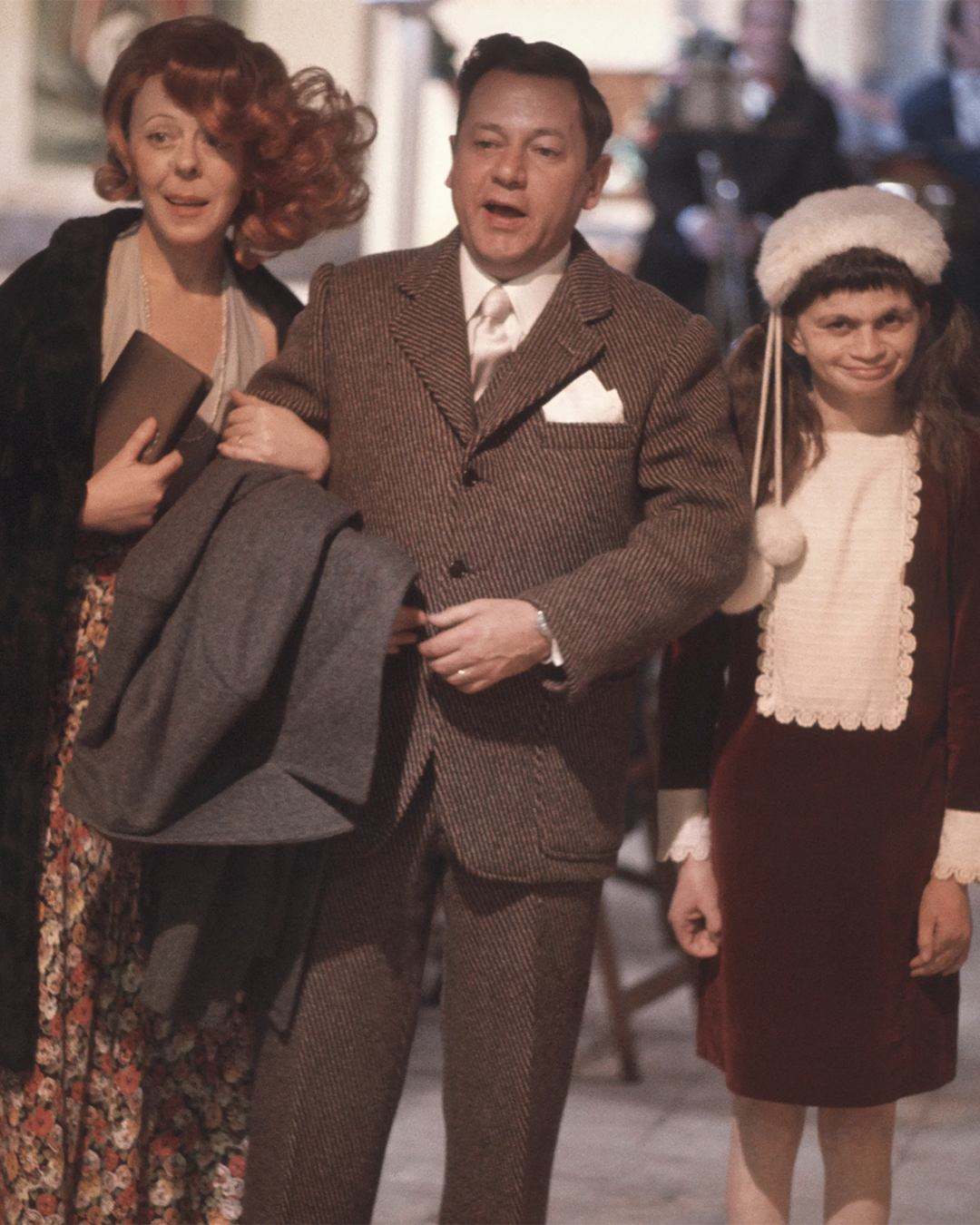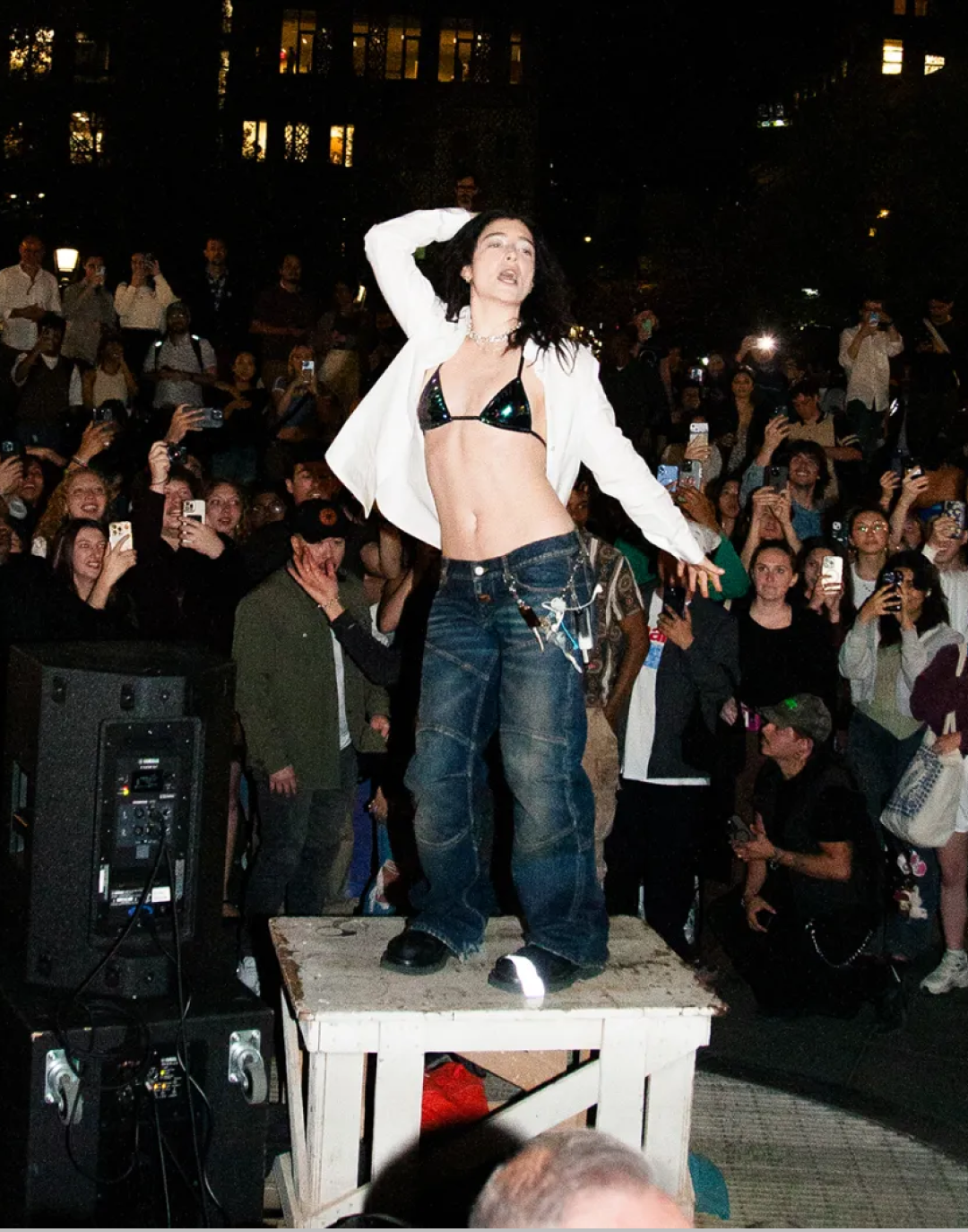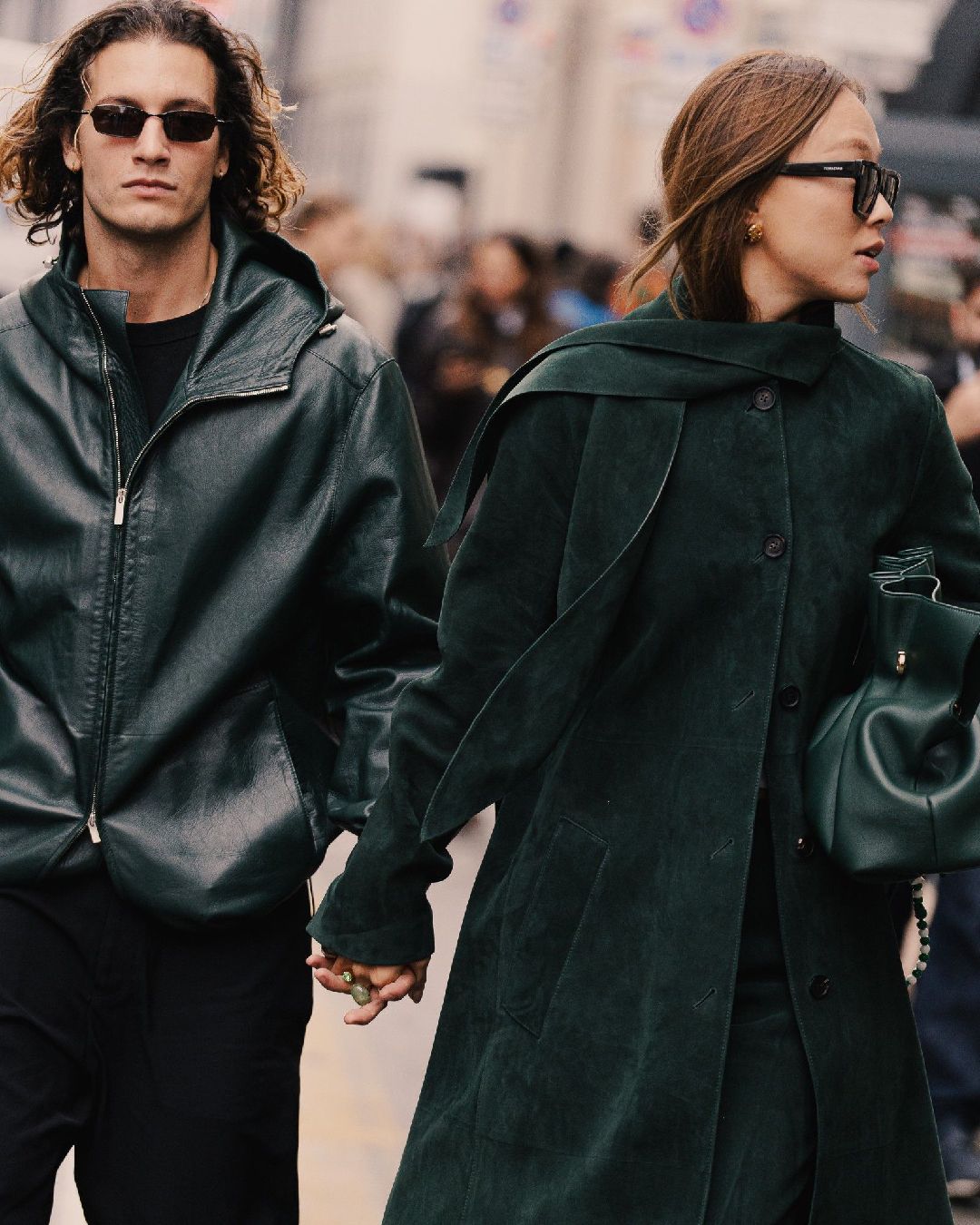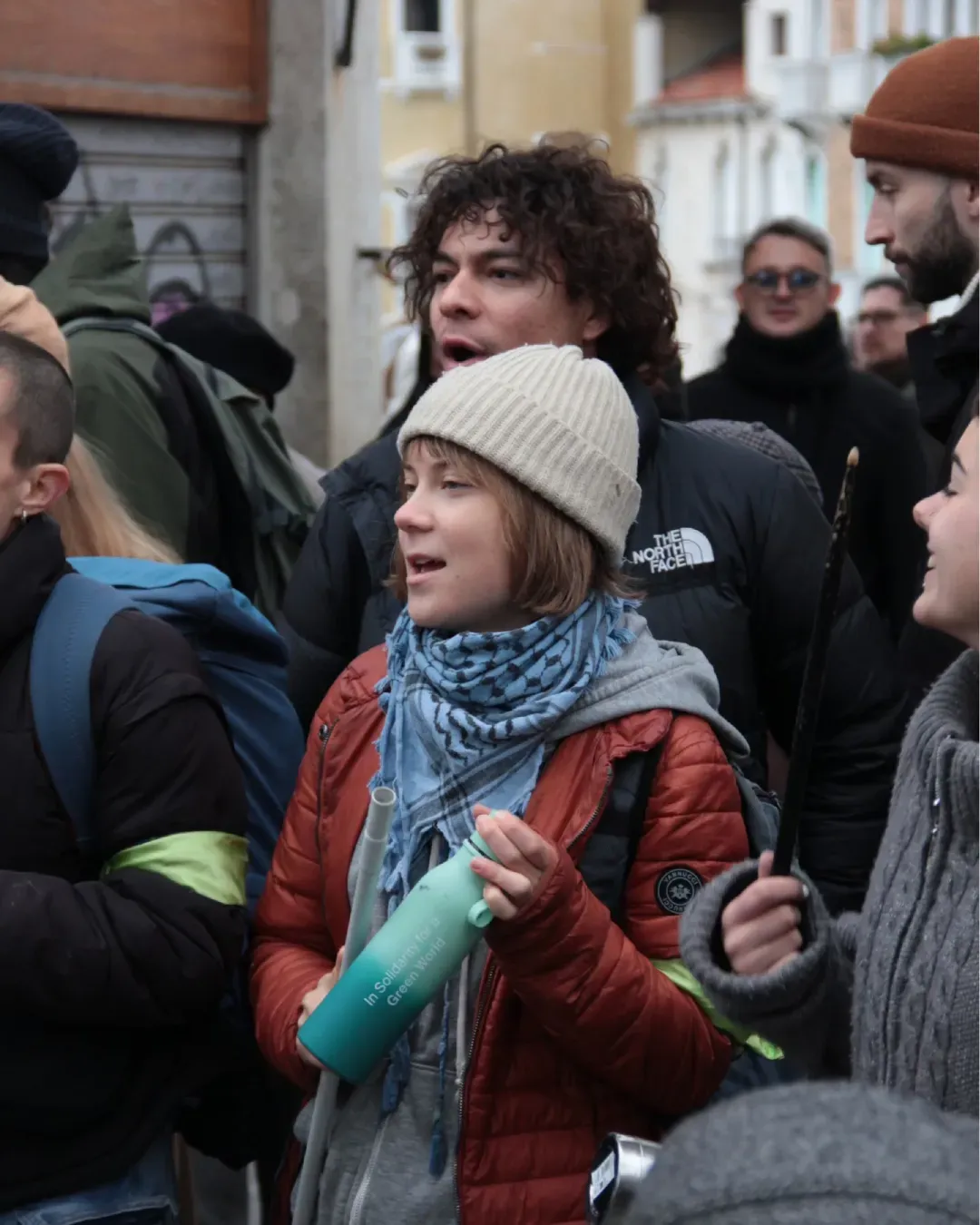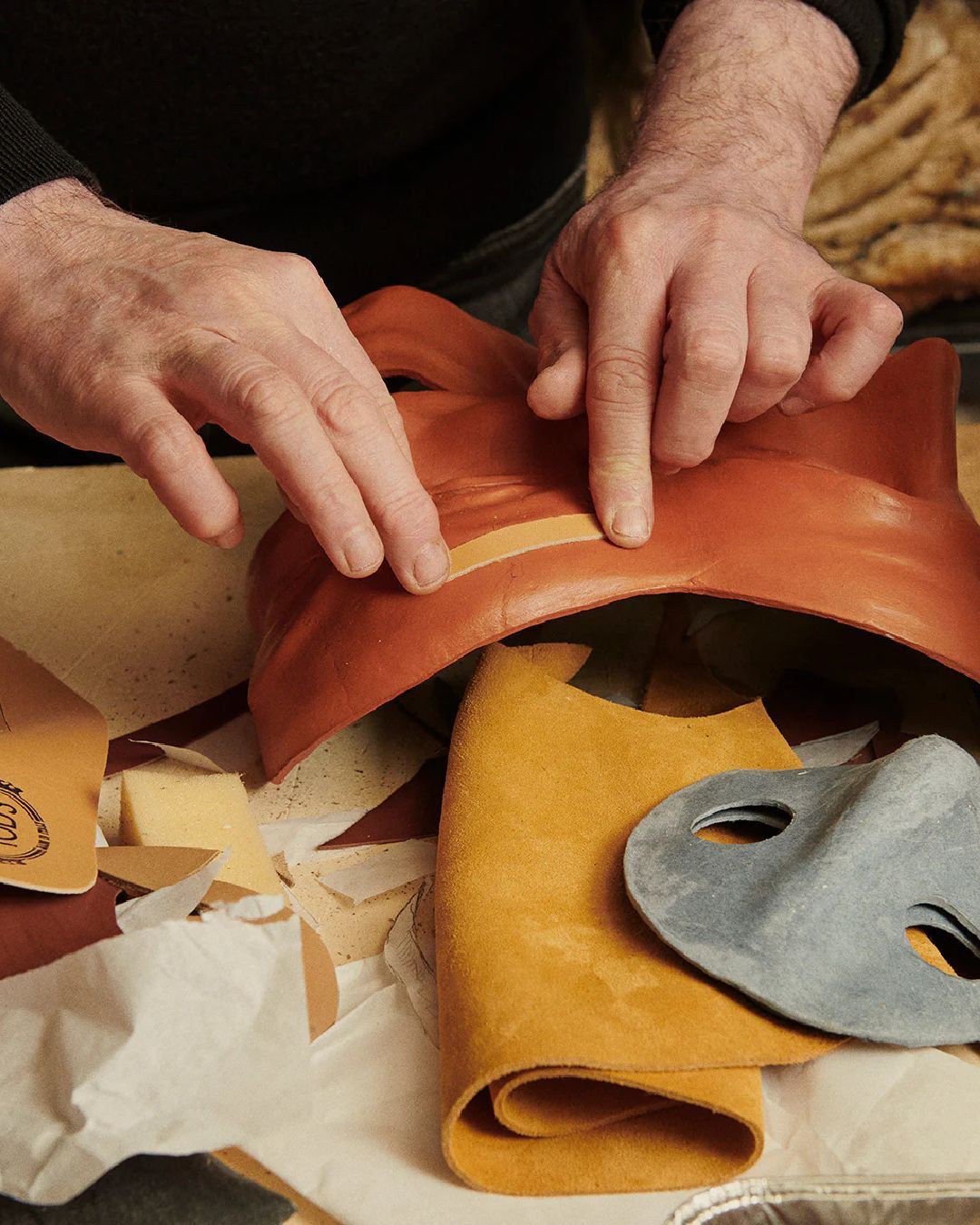
Does Italy really need concert tokens? The pros and cons of a tool hated by all
The biggest concerts organised in Italy this summer - from Depeche Mode in Bologna to Arctic Monkeys in Milan, Coldplay in Naples or Blur in Lucca - all have one payment system in common: tokens. In recent years, the use of these tokens has become widespread, especially at larger music events and festivals to buy food and drinks; yet it is a mode of payment that is not at all appreciated by spectators, adding to the common inconveniences of concerts - from secondary ticketing to timetables that are not respected. Criticisms levelled against tokens include the fact that their value is decided by the organisers of the individual concert, the exchange rate is very unfavourable, and often one cannot exchange less than a certain threshold of euros (usually 10); furthermore, the prices at these events many times are not the exact multiples of the tokens available - for example, if two of them are worth €8, a beer and a sandwich cost €7.
Due semplici rivendicazioni
— Claudio Riccio (@claudioriccio) July 23, 2023
l'area PIT ha rotto le palle. Non deve superare il 12% dell'area concerti
no token! No a questa moneta che consente politiche inflazionistiche e riduce la capacità di acquisto di birrette #luccasummerfestival #Blur pic.twitter.com/kSfOEuHa51
Criticism against concert tokens
Claudia Losini, author of the Famosini podcast, wrote on Instagram: «An example? With 10 tokens (€20) you get two beers, you have 1 token left over but the water costs 1.5 tokens, and you are forced to buy another 10 tokens if you just want a bottle of water.» All this is aggravated by the fact that tokens cannot be returned or reused at other concerts despite the fact that at the end of the event they cease to hold value, so remaining with them is tantamount to losing money - and that is what often happens to spectators, while for the organisers it is a guaranteed gain. «Many people I know are left with one or two tokens in their pockets, which correspond to two or four euros respectively, which is basically money spent but not used,» said one person who attended the Iron Maiden concert last 15 July in Milan. Another much-criticised consequence of the adoption of tokens concerns the rising prices of food and drink, which are even higher than can normally be expected during a big music event. 'The tokens are just a way for promoters to cash in on them, first, the money for your sandwich and your beer, and then give it back to the person who made your sandwich and poured your beer, minus the percentage they agreed between them,' writes DJ Luca De Gennaro in La Stampa. 'After that it's a bad system [...] that even the promoters themselves don't like'.
Why concert organisers choose to use tokens
Those involved in organising festivals and concerts, however, justify the adoption of tokens by claiming that they speed up payments. Yet the issue is more complex: while skipping the payment step at the cash desk, queues are still created - both to buy the tokens in the dedicated area and to collect food and drinks at the stands. Tokens were a useful tool when digital payments were not as common, but now - as more and more spectators and insiders argue - they have more downsides than anything else. In recent years, several alternatives to tokens have been developed, also aimed at making customers more satisfied - the type of services offered are in fact among the reasons why people return to a certain event the following year.
ma parliamo di come a san siro l’acqua costi 1,50€ ma sei forzato a comprare token (?) di un minimo di 15€ ai concerti https://t.co/q5UrOMRwxA
— 7th Heaven Updates (fan account) (@beguiled2017) July 16, 2023
Are wristbands a viable alternative to tokens?
Festivals such as Viva in Apulia, MiAmi in Lombardy, Ortigia Sound System in Sicily or Club2Club in Piedmont make use of a wristband with a QRcode that can be easily recharged online for payment. But what would make it possible to buy food and drink even faster would be exclusively digital or cashless payments; the resulting automatic tracking of transitions would give organisers greater control over sales. Since last year, the association Altroconsumo, which protects consumers' rights, has invited users of festivals and big concerts to tell their experience with tokens through an online form; dozens of reports have been sent in, especially over the last few weeks, and the body will use them «to strengthen» the report made by Antitrust Authorities on the token payment system.












